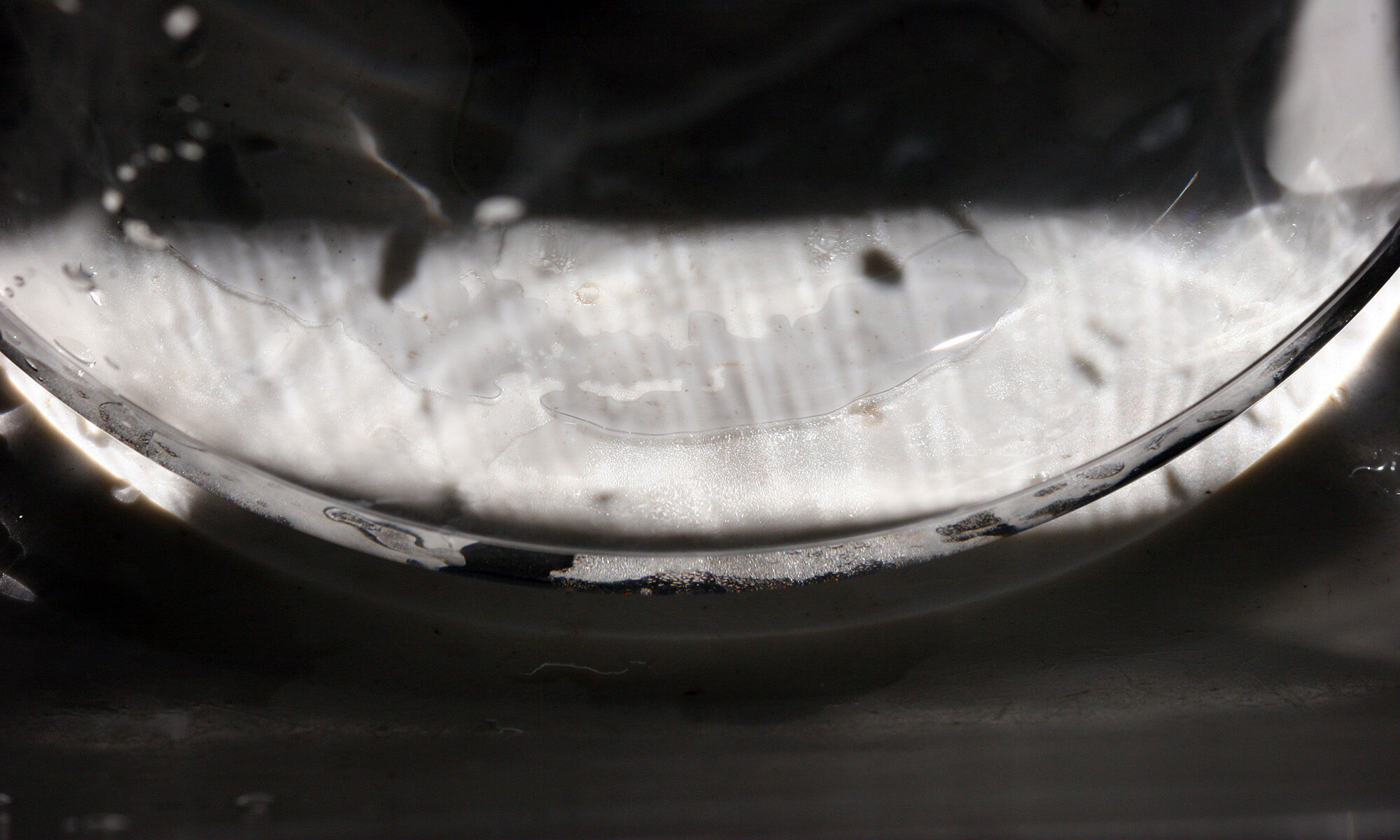
“Oh, it is not thus—not thus,” interrupted the being; “yet such must be the impression conveyed to you by what appears to be the purport of my actions. Yet I seek not a fellow-feeling in my misery. No sympathy may I ever find. When I first sought it, it was the love of virtue, the feelings of happiness and affection with which my whole being overflowed, that I wished to be participated. But now, that virtue has become to me a shadow, and that happiness and affection are turned into bitter and loathing despair, in what should I seek for sympathy? I am content to suffer alone, while my sufferings shall endure: when I die, I am well satisfied that abhorrence and opprobrium should load my memory. Once my fancy was soothed with dreams of virtue, of fame, and of enjoyment. Once I falsely hoped to meet with beings, who, pardoning my outward form, would love me for the excellent qualities which I was capable of bringing forth. I was nourished with high thoughts of honour and devotion. But now vice has degraded me beneath the meanest animal. No crime, no mischief, no malignity, no misery, can be found comparable to mine. When I call over the frightful catalogue of my deeds, I cannot believe that I am he whose thoughts were once filled with sublime and transcendant visions of the beauty and the majesty of goodness. But it is even so; the fallen angel becomes a malignant devil. Yet even that enemy of God and man had friends and associates in his desolation; I am quite alone.
– Mary Wollstonecraft Shelley

